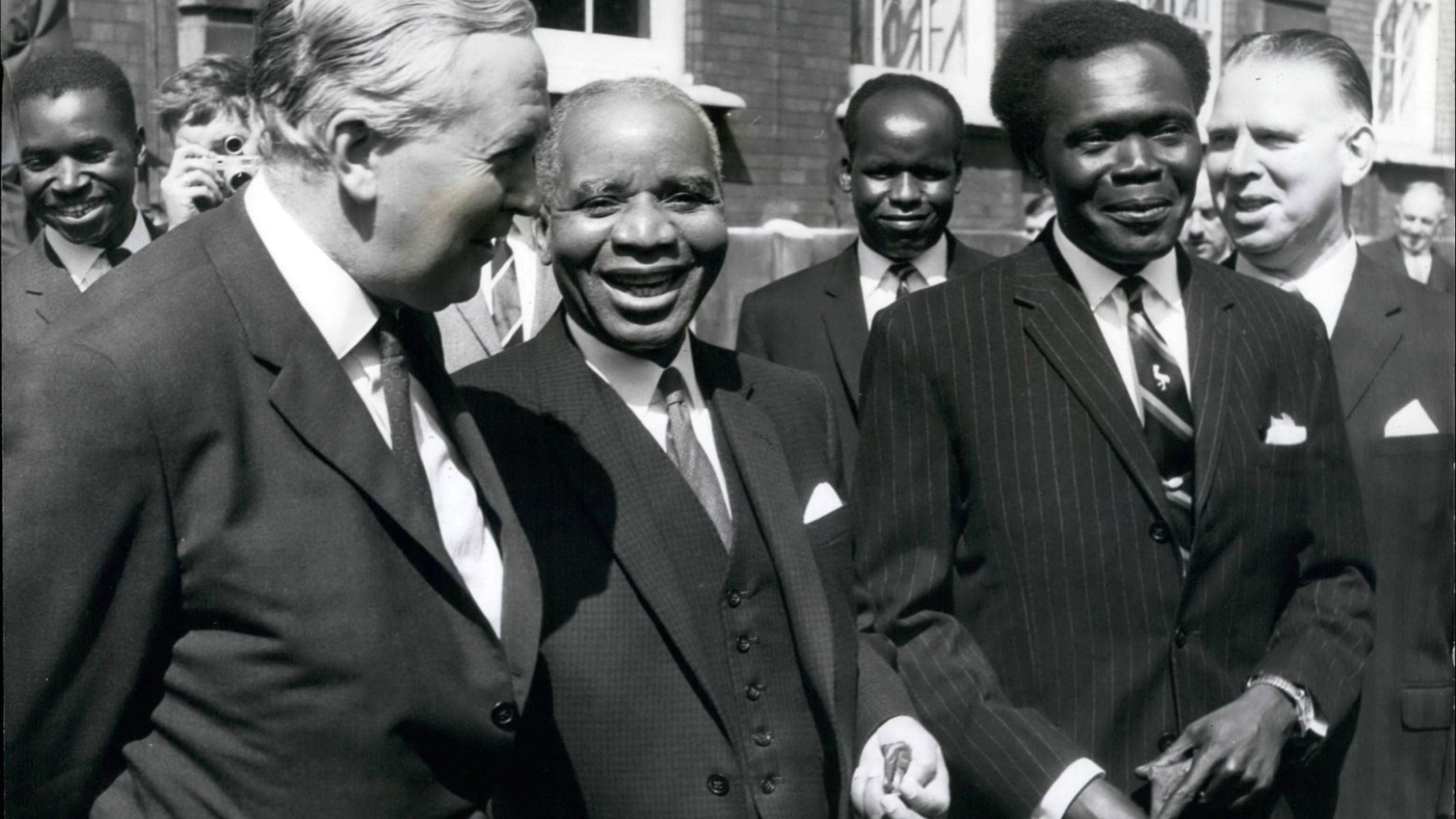
Hastings Kamuzu Banda was a prominent figure in Malawian history, serving as the country’s first President after it gained independence from British colonial rule in 1964. With a reign that lasted for over three decades, Banda left an indelible impact on the nation and its people. In this article, we will delve into some captivating facts about Hastings Kamuzu Banda, shedding light on both his accomplishments and controversial aspects of his leadership. From his early life and education to his political career and influence on Malawi’s development, there is much to discover about this enigmatic and polarizing figure. So, let’s embark on a journey to explore the life and legacy of Hastings Kamuzu Banda.
Key Takeaways:
- Hastings Kamuzu Banda was a powerful leader who shaped Malawi’s history, promoting national pride and implementing development projects, but his rule was controversial due to allegations of repression and human rights abuses.
- Despite his complex legacy, Banda’s influence on Malawi’s politics and society is still felt today, showcasing the lasting impact of this influential figure in the nation’s history.
Rise to Power
Hastings Kamuzu Banda became the first president of Malawi in 1966 and served in this position for 30 years. His path to power was marked by a successful career as a nationalist leader and a prominent figure in the Malawian independence movement.
The African Statue
Banda’s unique style was reflected in his personal fashion statement – a three-piece suit complete with a traditional African statue cane. This iconic accessory became synonymous with his leadership and image.
Promotion of Malawian Identity
One of Banda’s key initiatives was focused on promoting a sense of national pride and identity among the Malawian people. He advocated for the use of the native Chichewa language in schools and government institutions, encouraging a strong sense of cultural heritage.
Repressive Regime
Despite his initial popularity and achievements, Banda’s rule was marred by allegations of human rights abuses and political repression. His regime was characterized by a highly centralized power structure, censorship, and limited political freedoms.
Development Projects
During his tenure, Banda implemented several development projects aimed at improving the country’s infrastructure and economy. These initiatives included the construction of roads, bridges, hospitals, and schools, which contributed to the overall progress of Malawi.
International Relations
Banda maintained a complex relationship with the international community. While he was hailed as a champion of African liberation movements, he also faced criticism for his close ties with apartheid South Africa and his suppression of opposition forces.
The Decline of Banda’s Rule
In the early 1990s, pressure from domestic and international sources forced Banda to introduce political reforms. Multi-party elections were held in 1994, ultimately leading to the end of his rule and the start of a new era in Malawi.
Legacy and Controversies
Banda’s legacy remains a subject of debate and controversy. While some people credit him for laying the foundations of modern Malawi, others criticize his authoritarian rule and suppression of dissenting voices.
The Return and Lasting Influence
After his retirement, Banda returned to Malawi and lived in seclusion until his death in Despite his controversial legacy, his influence on Malawian politics and society is still evident today.
These 9 captivating facts about Hastings Kamuzu Banda give us a glimpse into the complex and fascinating life of one of Malawi’s most influential figures. Whether celebrated or criticized, Banda’s impact on the nation cannot be denied, making him a crucial part of Malawi’s history.
Conclusion
In conclusion, Hastings Kamuzu Banda remains a captivating figure who left an indelible mark on Malawi’s history. From his rise to power as a nationalist leader to his long tenure as the country’s president, Banda’s impact on Malawi cannot be overstated. His policies and ideologies shaped the nation’s development and social fabric, earning him admiration and criticism alike.While controversial aspects of Banda’s rule cannot be ignored, his commitment to promoting education, healthcare, and infrastructure development laid the foundation for Malawi’s progress. His leadership also played a significant role in the region’s decolonization movement.Today, Banda’s legacy continues to inspire discussions and analysis of Malawi’s history and political landscape. Whether revered or questioned, there is no doubt that Hastings Kamuzu Banda was a complex and influential figure who left an indelible impression on the nation.
FAQs
1. Who was Hastings Kamuzu Banda?
Hastings Kamuzu Banda was the first president of Malawi. He led the country from its independence in 1964 until 1994.
2. What contributions did Hastings Kamuzu Banda make to Malawi?
Banda prioritized education, healthcare, and infrastructure development during his tenure. He played a pivotal role in shaping the nation’s progress.
3. What were some controversies surrounding Banda’s rule?
Banda’s rule was marked by autocracy and human rights abuses. His tight grip on power and suppression of political opposition led to criticism and international sanctions.
4. What is Banda’s influence on Malawi’s history?
Banda’s influence on Malawi’s history is significant. His leadership and policies had a lasting impact on the country’s development and social fabric.
5. How is Banda remembered today?
Banda’s legacy is complex, with varying opinions among the people of Malawi. While some revere him as a nationalist hero, others view him as a dictator who stifled democratic principles.
6. Did Banda play a role in Africa’s decolonization movement?
Yes, Banda was an influential figure in the region’s decolonization movement. He provided support and leadership to other African nations seeking independence from colonial powers.
7. How does Banda’s rule impact Malawi’s present-day politics?
Banda’s rule has shaped the political landscape of Malawi, with lessons learned from his era informing current political debates and policies.
8. Are there any monuments or memorials dedicated to Banda in Malawi?
Yes, there are monuments and memorials dedicated to Banda across Malawi, serving as a reminder of his influence on the nation’s history.
9. What is the consensus on Banda’s overall impact on Malawi?
The consensus on Banda’s impact on Malawi is subjective and varies among different groups and individuals. It is a topic of ongoing discussion and analysis.
Hastings Kamuzu Banda's legacy as Malawi's first president is a complex tapestry of progress, repression, and enduring influence. While his rule was marked by controversial policies and a tight grip on power, reminiscent of other dictatorships, Banda also played a crucial role in shaping Malawi's national identity and promoting development. His impact on Malawi and his contributions to the Pan-African movement make him a fascinating figure in African history.
Was this page helpful?
Our commitment to delivering trustworthy and engaging content is at the heart of what we do. Each fact on our site is contributed by real users like you, bringing a wealth of diverse insights and information. To ensure the highest standards of accuracy and reliability, our dedicated editors meticulously review each submission. This process guarantees that the facts we share are not only fascinating but also credible. Trust in our commitment to quality and authenticity as you explore and learn with us.


